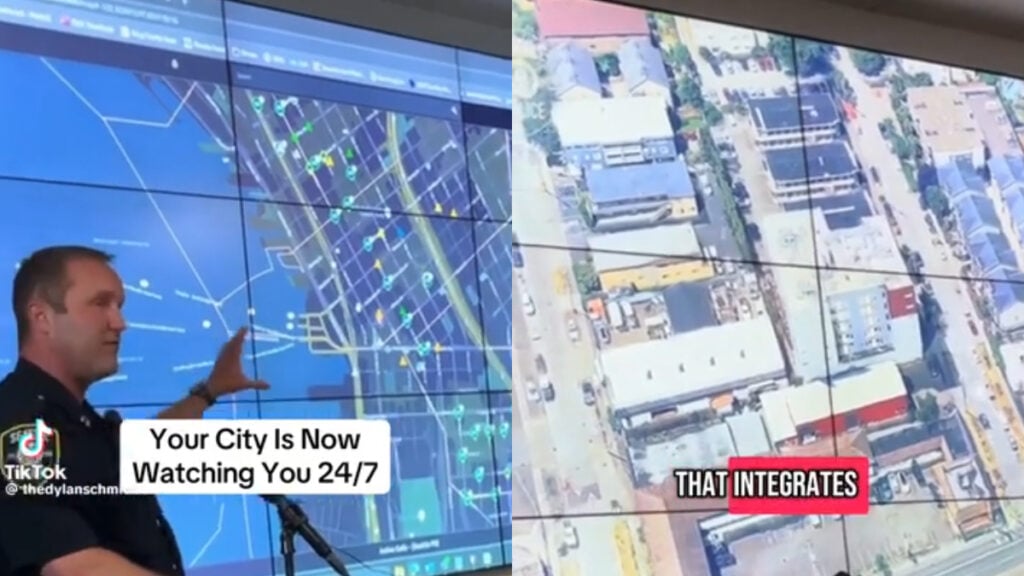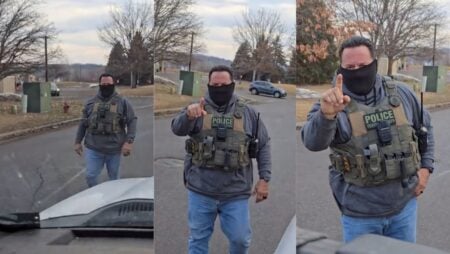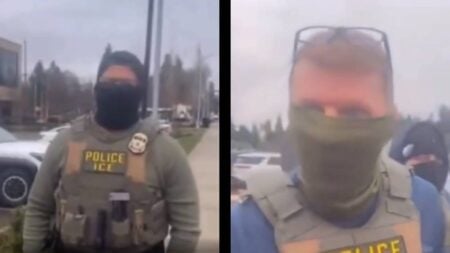Privacy concerns have been a growing topic of debate, and that conversation isn’t going away anytime soon. With Seattle’s decision to install police surveillance cameras and launch the Seattle Police Department’s Real Time Crime Center (RTCC), the issue is heating up even more across Washington.
At first glance, the purpose behind these surveillance installations appears genuine and well-intentioned. The RTCC officially launched in late May, and Seattle city leaders have already hailed it as a major success. They claim the center has supported over 600 reported incidents and aided in 90 ongoing criminal investigations. The project has cost around $1.8 million so far, funding the placement of dozens of surveillance cameras in what officials are calling “strategic” crime hot spots throughout Seattle.
Behind the scenes, teams of analysts work in real time, monitoring live feeds, gathering evidence, and tracking suspects as situations unfold. Police Chief Shon Barnes stated that while surveillance cameras are not a cure-all, they’re a necessary tool that can help make the city safer.
However, critics of the RTCC argue that the project is simply another step toward over-policing and excessive surveillance. Despite the pushback, the cameras are staying put. They remain in locations such as the Chinatown International District and along Aurora Avenue in North Seattle. In fact, the city is already making plans to expand the network to cover more areas.
Deputy Mayor Tim Burgess responded to concerns by stating that people should not expect full privacy in public spaces. He believes the presence of surveillance cameras enhances public safety and security. As for fears about misuse, city officials point to the safeguards outlined in the 2017 Seattle Surveillance Ordinance and a 2018 amendment. These rules require departments to obtain City Council approval before deploying any surveillance-related technologies.
Officials also stress that the city will not be using facial recognition software or gunshot detection systems. These technologies have raised red flags elsewhere, and Seattle is avoiding them due to privacy concerns and questionable effectiveness.
Despite the city’s assurances, news of the RTCC and the expanded use of surveillance cameras in Seattle continues to make many internet users uneasy. One user commented, “I think it’s a waste of time and money. It’s not keeping us any safer.”
Others voiced concerns that this technology could be exploited by authorities to monitor dissent and suppress opposition under the guise of “offense tracking.” Another user wrote, “Oh good, now the police have another avenue to stalk and harass anyone who disagrees with them. Keep in mind these are the same people who pushed a case to hide the names of those who went to Jan 6th all the way to the Supreme Court.”








